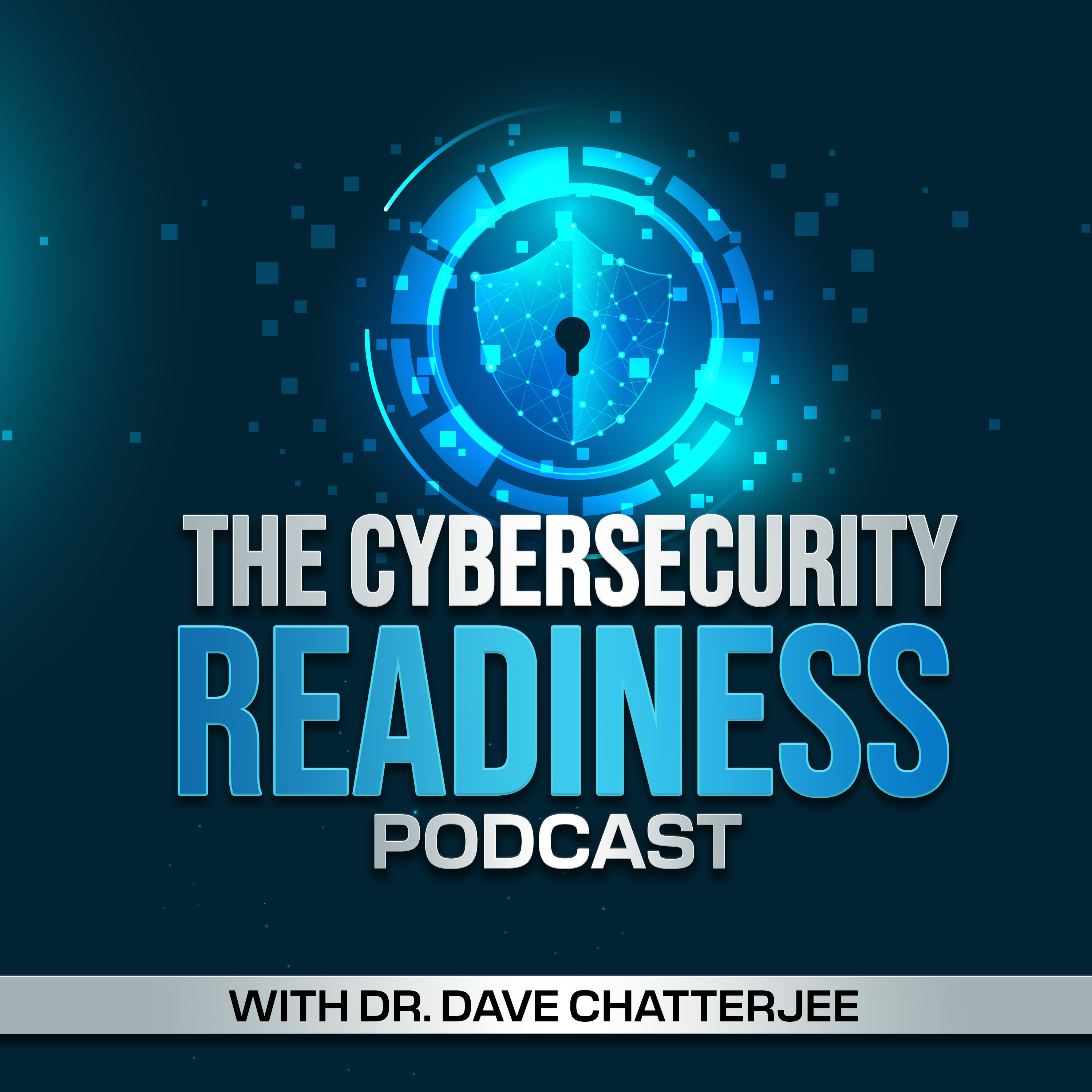Episode 59
Building a Resilient Disaster Recovery Infrastructure
The latest disaster recovery statistics reveal that modern businesses still face costly interruptions due to a variety of threats, ranging from ransomware attacks to sudden hardware failures. The monetary costs of disasters and outages can be significant. According to results from Uptime Institute's "Annual Outage Analysis 2023" survey, 25% of respondents reported that their latest outage incurred more than $1 million in direct and indirect costs. In addition, 45% reported that the cost of their most recent outage ranged between $100,000 and $1 million. Another research report reveals that just over half of organizations have disaster recover plans and around 7% of organizations never test their disaster recovery plans. It was a real pleasure having Sagi Brody, Co-Founder and CTO at Opti9 on the podcast to shed light on the various aspects of disaster recovery and how to do it well.
To access and download the entire podcast summary with discussion highlights --
https://www.dchatte.com/episode-59-building-a-resilient-disaster-recovery-infrastructure/
Connect with Host Dr. Dave Chatterjee and Subscribe to the Podcast
Please subscribe to the podcast, so you don't miss any new episodes! And please leave the show a rating if you like what you hear. New episodes release every two weeks.
Connect with Dr. Chatterjee on these platforms:
LinkedIn: https://www.linkedin.com/in/dchatte/
Website: https://dchatte.com/
Cybersecurity Readiness Book: https://www.amazon.com/Cybersecurity-Readiness-Holistic-High-Performance-Approach/dp/1071837338
https://us.sagepub.com/en-us/nam/cybersecurity-readiness/book275712
Latest Publications:
Preventing Security Breaches Must Start at the Top
Latest Webinars:
How can brands rethink data security to maintain customer trust?
Cybersecurity Readiness in the Age of Generative AI and LLM
Insights for 2023, Cybersecurity Readiness with Dr. Dave Chatterjee

